Foods Raising Your Grocery Bill in 2013


Profit and prosper with the best of Kiplinger's advice on investing, taxes, retirement, personal finance and much more. Delivered daily. Enter your email in the box and click Sign Me Up.
You are now subscribed
Your newsletter sign-up was successful
Want to add more newsletters?

Delivered daily
Kiplinger Today
Profit and prosper with the best of Kiplinger's advice on investing, taxes, retirement, personal finance and much more delivered daily. Smart money moves start here.

Sent five days a week
Kiplinger A Step Ahead
Get practical help to make better financial decisions in your everyday life, from spending to savings on top deals.

Delivered daily
Kiplinger Closing Bell
Get today's biggest financial and investing headlines delivered to your inbox every day the U.S. stock market is open.

Sent twice a week
Kiplinger Adviser Intel
Financial pros across the country share best practices and fresh tactics to preserve and grow your wealth.

Delivered weekly
Kiplinger Tax Tips
Trim your federal and state tax bills with practical tax-planning and tax-cutting strategies.

Sent twice a week
Kiplinger Retirement Tips
Your twice-a-week guide to planning and enjoying a financially secure and richly rewarding retirement

Sent bimonthly.
Kiplinger Adviser Angle
Insights for advisers, wealth managers and other financial professionals.

Sent twice a week
Kiplinger Investing Weekly
Your twice-a-week roundup of promising stocks, funds, companies and industries you should consider, ones you should avoid, and why.

Sent weekly for six weeks
Kiplinger Invest for Retirement
Your step-by-step six-part series on how to invest for retirement, from devising a successful strategy to exactly which investments to choose.
You'll pay more at the supermarket this year, thanks to drought-depleted food supplies and a greater reliance on pricier food imports.
Look for food prices overall to go up as much as 4% in 2013, about a percentage point higher than 2012's annual increase. Some products will see even sharper price spikes. For instance, the shortage of soybeans is helping to push the price of vegetable oils up 5% to 6%, on average. A one-pound tub of soft margarine has risen 33%, to $2.08, since 2010, when the nation's persistent drought began.
Click through our slide show for an idea of how much to budget for your groceries this year.

Beef
Ground beef will average at least a dime per pound more this year. Steaks, about 20¢ per pound more. Supplies remain limited because livestock operators, faced with high feed costs, continue to shrink their herds.
Prices of red meat would be even higher if not for the slew of cattle from Canada and Mexico, plus extra beef imports from Australia and New Zealand, that will help satisfy consumer demand.
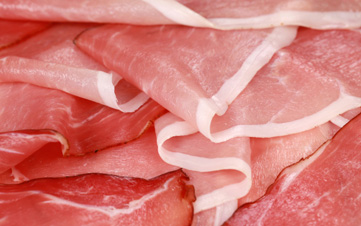
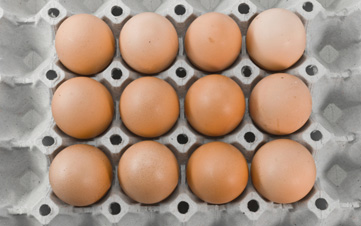
Poultry
Whole chickens and boneless breasts will cost an additional 10¢ per pound. Eggs will increase 10¢ to 20¢ per dozen, partly because strong export demand will drive up prices. Poultry farmers are still losing money because of high feed costs, so they've reduced their flocks. They won't begin rebuilding them until well into the year.

Seafood
Wholesale prices for fish and other seafood reflect stable production and supplies worldwide in this very competitive sector. Limited supplies of other meat choices will boost demand a little this year for fish and seafood. Look for the price of whole salmon to rise about 9¢ a pound this year; fresh shrimp — 12¢ a pound; and catfish — 14¢ a pound. Seafood production will hold steady, barring unforeseeable market-jarring disasters such as an oil spill or tsunami.
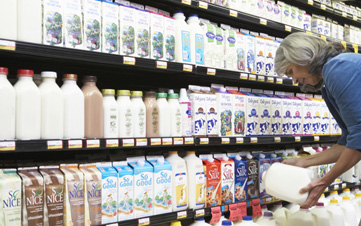
Milk and Cheese
Because of high feed costs and culling of cows, milk production is on track for a drop of at least 2% in the first quarter of 2013 versus a year earlier. As a result, you'll pay 16¢ more for a gallon of milk and 25¢ more for a pound of cheddar cheese.
The dairy market may tighten further by summer because Congress hasn't approved a new five-year farm bill. Absent a subsidy that helps farmers cover the cost of feed, look for an extra wave of dairy farm closings, which will drive up prices even more later this year.

Fruit
The U.S. is on track to import half of its fresh fruit needs in 2013, and the weak dollar will underpin price increases. Given the import levels, and assuming normal growing weather in the U.S., fruit-counter bags of Fuji apples will average around $1 per pound, and navel oranges, about 85¢ per pound, both up 5¢ to 10¢ per pound.
There will be no shortage of fruit because of imports and because irrigated orchards, greenhouses and the fruit-abundant coastal regions have largely been spared the scorching effects of the drought.

Vegetables
Fresh green bell peppers will average about $1.50 a pound, and tomatoes, $1.55 a pound, both up about a dime. Asparagus will run about $3.20 per pound, up 20¢ or more. One-fourth of the U.S. vegetable market will be supplied from abroad, driving up prices overall.
U.S. growing conditions should remain favorable. In fact, hot, dry weather is often not a problem for vegetables. Many of them grow better in such conditions, which help mitigate plant diseases and insect damage.
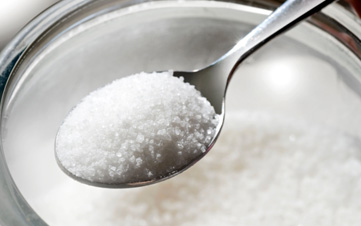
Sugar
A bag of sugar will average about 68¢ per pound, up about 2¢ from 2012, because there'll be plenty of sugar to go around as supplies hit a 12-year high, bolstered by a big Mexican sugarcane crop. But supermarket prices of candy, cookies, soft drinks and other sweets are driven by the values of many ingredients, along with shipping, packaging and other costs and markups, and tend to rise 2% to 3% a year no matter what the wholesale price of sugar does. Retail candy prices are up about 1.5% from a year ago.

Bread and Cereal
Grain shortages stemming from the U.S. drought, along with somewhat limited world stocks, will contribute to higher prices for bread and cereal products. Expect white bread to increase 5¢ to 7¢ per pound this year, to $1.50 per pound. Whole wheat bread — up 10¢, to over $2 per pound.

Profit and prosper with the best of Kiplinger's advice on investing, taxes, retirement, personal finance and much more. Delivered daily. Enter your email in the box and click Sign Me Up.

-
 How to Turn Your 401(k) Into A Real Estate Empire
How to Turn Your 401(k) Into A Real Estate EmpireTapping your 401(k) to purchase investment properties is risky, but it could deliver valuable rental income in your golden years.
-
 My First $1 Million: Retired Nuclear Plant Supervisor, 68
My First $1 Million: Retired Nuclear Plant Supervisor, 68Ever wonder how someone who's made a million dollars or more did it? Kiplinger's My First $1 Million series uncovers the answers.
-
 How to Position Investments to Minimize Taxes for Your Heirs
How to Position Investments to Minimize Taxes for Your HeirsTo minimize your heirs' tax burden, focus on aligning your investment account types and assets with your estate plan, and pay attention to the impact of RMDs.
-
 How to Search For Foreclosures Near You: Best Websites for Listings
How to Search For Foreclosures Near You: Best Websites for ListingsMaking Your Money Last Searching for a foreclosed home? These top-rated foreclosure websites — including free, paid and government options — can help you find listings near you.
-
 32 Ways to Make Money in 2025
32 Ways to Make Money in 2025business Check out these cool side hustles to earn bonus bucks this year.
-
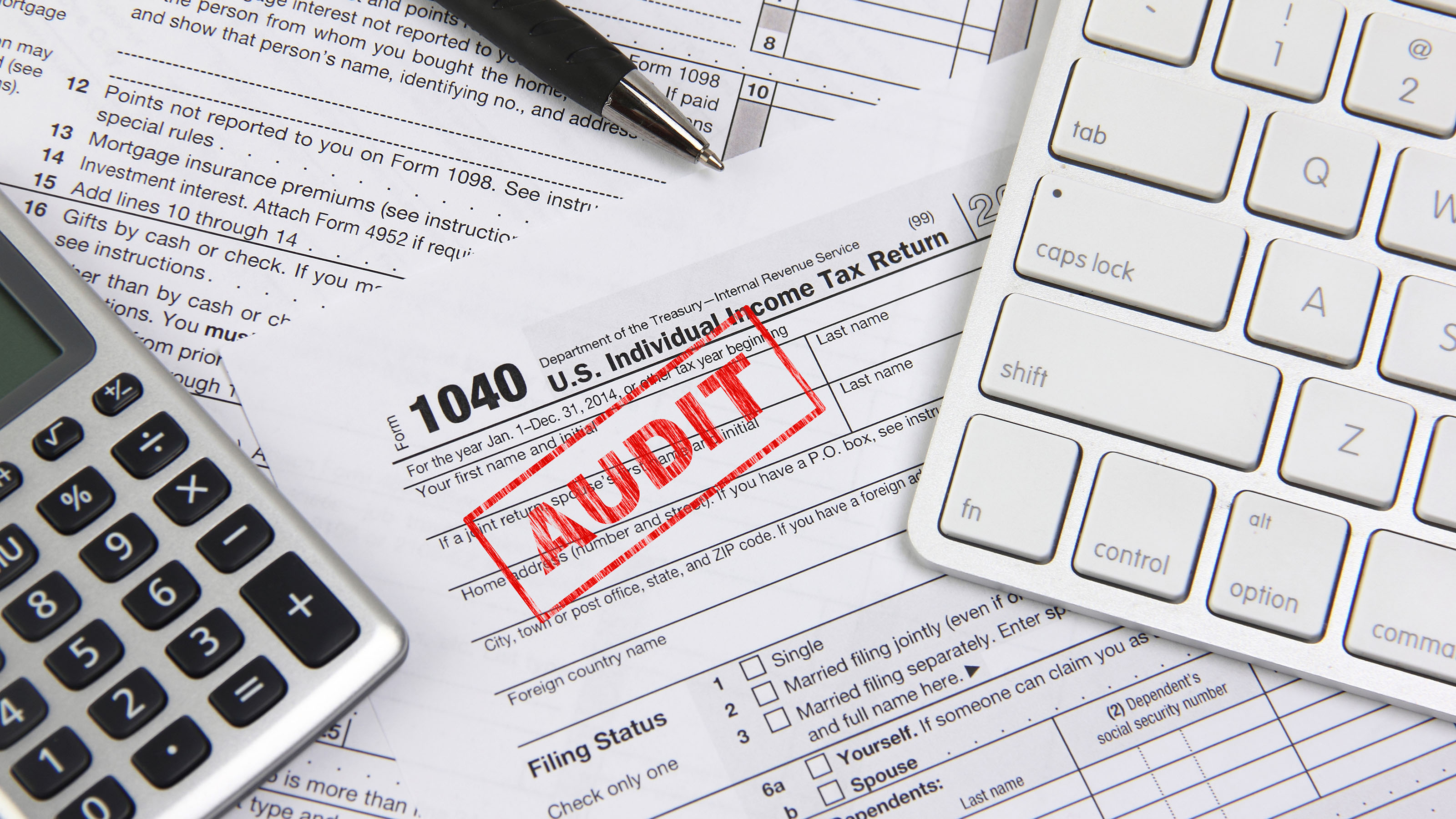 12 IRS Audit Red Flags for the Self-Employed
12 IRS Audit Red Flags for the Self-Employedtaxes If you are self-employed, minimize the odds of an IRS audit by avoiding these audit triggers.
-
 Business Cost Outlooks for 2022: Eight Key Sectors
Business Cost Outlooks for 2022: Eight Key SectorsEconomic Forecasts What’s in store for all sorts of business costs in 2022?
-
 PPP Loan Basics for Small Business Owners
PPP Loan Basics for Small Business OwnersCoronavirus and Your Money Although uncertainty and confusion have surrounded the Paycheck Protection Program since its launch, that shouldn't stop small business owners from participating in the loan program, which was just extended to May 31.
-
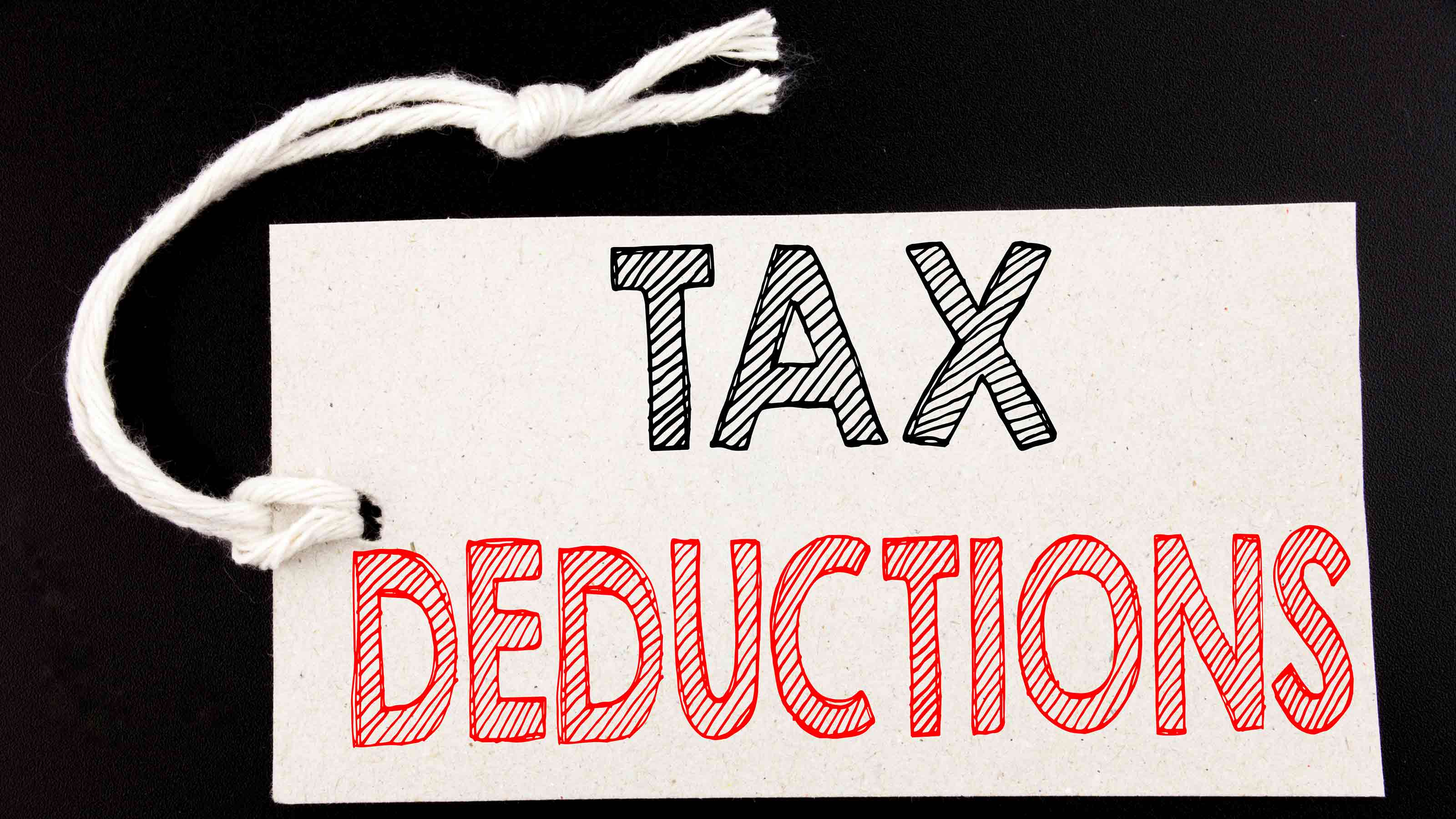 "Above-the-Line" Deductions for Your 2021 Tax Return
"Above-the-Line" Deductions for Your 2021 Tax ReturnTax Breaks If, like most people, you claim the standard deduction instead of itemized deductions on your return, there are still many other tax deductions available that could save you a lot of money.
-
 The Biden Tax Plan: How the Build Back Better Act Could Affect Your Tax Bill
The Biden Tax Plan: How the Build Back Better Act Could Affect Your Tax BillPolitics Depending on your income, the Build Back Better Act recently passed by the House could boost or cut your future tax bills.
-
 9 Tips for Better Time Management in Retirement
9 Tips for Better Time Management in Retirementretirement These important time management techniques will help destress your life as you get busier -- yes, busier -- in your golden years.
